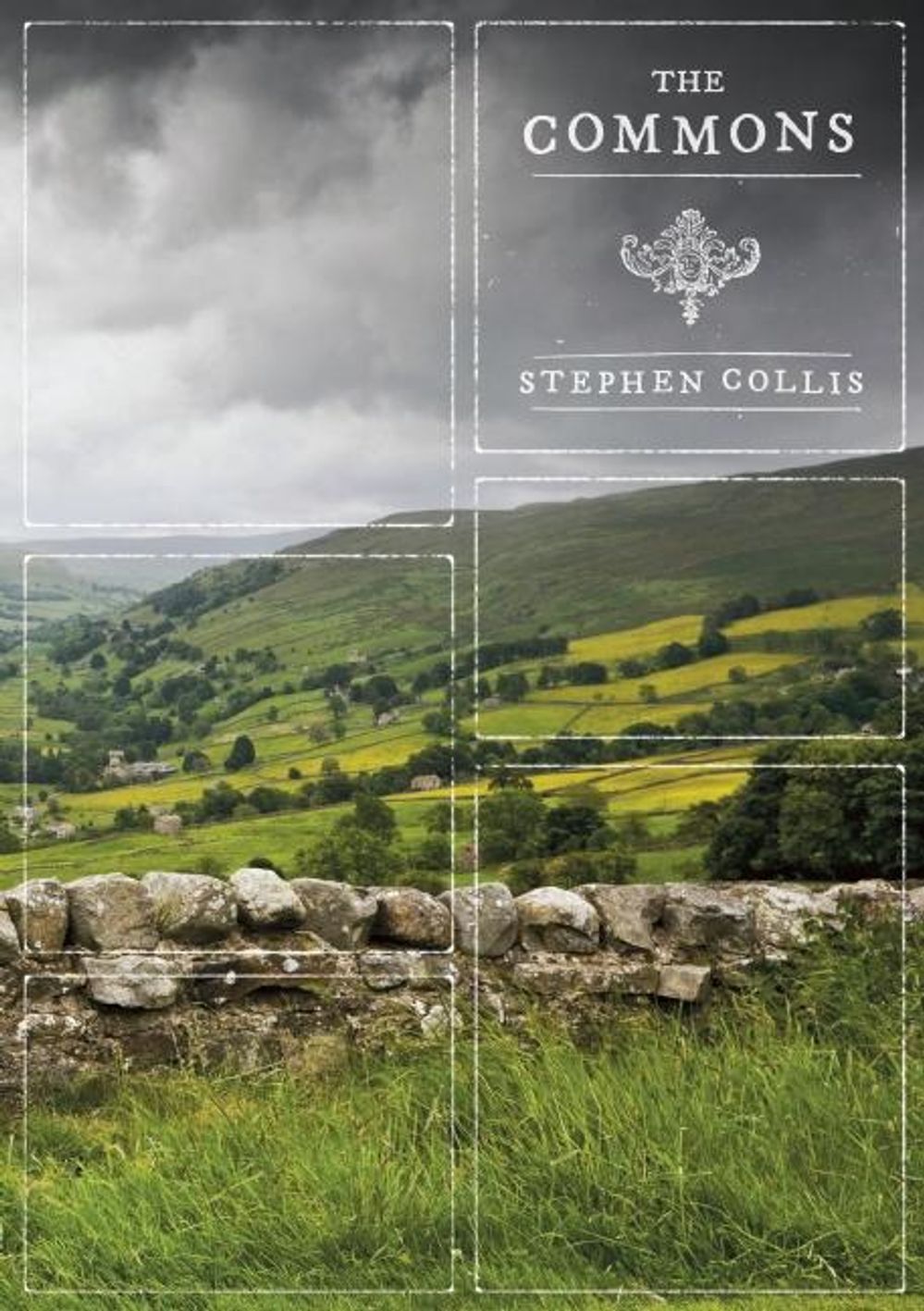The Commons
Between the sixteenth and eighteenth centuries, most of the English common lands were enclosed—taken, by force, out of the hands of local collective use and privatized. The resistance to capitalism’s “primitive accumulation,” registered in recurring peasant revolts, failed to stem this tide of what we now call “privatization”—but it spilt over into Romanticism’s own advocacy of a kind of literary commons. Underground in “the literary” since the nineteenth century, the fight against enclosure resurfaces today amidst continuing capitalist accumulations and a renascent sense of the commons under globalization. In The Commons we wander the English countryside with the so-called mad peasant poet John Clare, just escaped from an Essex asylum and walking the more than eighty miles to his home in Helpston; we pick wild fruit with anarchist Henry David Thoreau, also newly escaped from jail (for not paying his poll tax); and we comb the English Lake District, undermining William Wordsworth’s proprietary claim upon it, with a host of authors of Romantic Guides and Tours. Resisting enclosure with each word, tearing down (intellectual) property’s fencing, wandering in search of new commons, new spaces outside property’s exclusive and excluding domain—The Commons veers in and out of history to find spaces of linguistic hope. What we have named, in less inspired moments, “allusion,” “borrowing,” or even (pretentiously) “intertextuality” is just this fact that poetry proves again and again: our languages are common. Shared. Un-enclosable. The Commons is another installment of what Collis has called (half in jest) “The Barricades Project”—a broadly based, historically ranging test of the old adage that “poetry is the revolutionary act par excellence.” It includes Anarchive (2005) and will eventually continue in The Red Album. The Commons includes an introduction to “The Barricades Project,” written by Collis’ collaborators Alfred Noyes and Ramon Fernandez.
-
Autore:
-
Anno edizione:2016
-
Editore:
-
Formato:
-
Lingua:Inglese
Formato:
Gli eBook venduti da Feltrinelli.it sono in formato ePub e possono essere protetti da Adobe DRM. In caso di download di un file protetto da DRM si otterrà un file in formato .acs, (Adobe Content Server Message), che dovrà essere aperto tramite Adobe Digital Editions e autorizzato tramite un account Adobe, prima di poter essere letto su pc o trasferito su dispositivi compatibili.
Cloud:
Gli eBook venduti da Feltrinelli.it sono sincronizzati automaticamente su tutti i client di lettura Kobo successivamente all’acquisto. Grazie al Cloud Kobo i progressi di lettura, le note, le evidenziazioni vengono salvati e sincronizzati automaticamente su tutti i dispositivi e le APP di lettura Kobo utilizzati per la lettura.
Clicca qui per sapere come scaricare gli ebook utilizzando un pc con sistema operativo Windows



